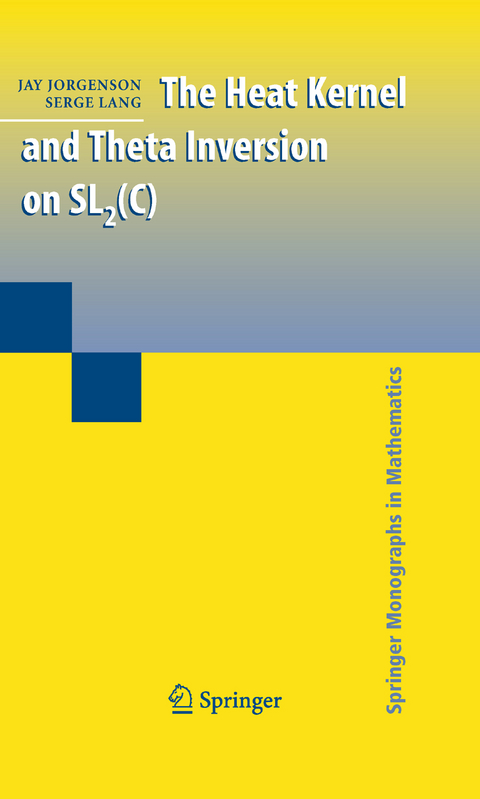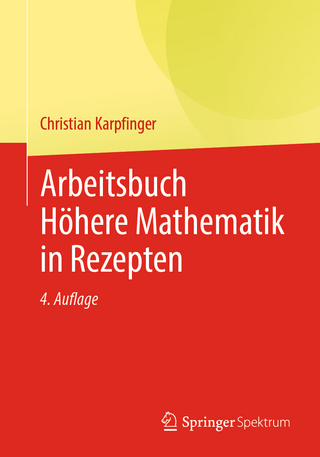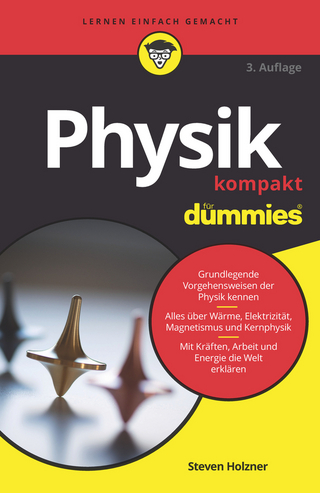
The Heat Kernel and Theta Inversion on SL2(C)
Springer-Verlag New York Inc.
978-1-4419-2282-3 (ISBN)
The worthy purpose of this text is to provide a complete, self-contained development of the trace formula and theta inversion formula for SL(2,Z[i])/SL(2,C). Unlike other treatments of the theory, the approach taken here is to begin with the heat kernel on SL(2,C) associated to the invariant Laplacian, which is derived using spherical inversion. The heat kernel on the quotient space SL(2,Z[i])/SL(2,C) is arrived at through periodization, and further expanded in an eigenfunction expansion. A theta inversion formula is obtained by studying the trace of the heat kernel. Following the author's previous work, the inversion formula then leads to zeta functions through the Gauss transform.
Gaussians, Spherical Inversion, and the Heat Kernel.- Spherical Inversion on SL2(C).- The Heat Gaussian and Heat Kernel.- QED, LEG, Transpose, and Casimir.- Enter ?: The General Trace Formula.- Convergence and Divergence of the Selberg Trace.- The Cuspidal and Noncuspidal Traces.- The Heat Kernel on ?/G/K.- The Fundamental Domain.- ?-Periodization of the Heat Kernel.- Heat Kernel Convolution on (?/G/K).- Fourier-Eisenstein Eigenfunction Expansions.- The Tube Domain for ??.- The ?/U-Fourier Expansion of Eisenstein Series.- Adjointness Formula and the ?/G-Eigenfunction Expansion.- The Eisenstein-Cuspidal Affair.- The Eisenstein Y-Asymptotics.- The Cuspidal Trace Y-Asymptotics.- Analytic Evaluations.
From the reviews:"The book under review … provides an introduction to the general theory of semisimple or reductive groups G, with symmetric space G/K (K maximal compact). … It is … meant for experienced insiders, even as the presentation of the material is excellent and accessible. A well-prepared graduate student would do well with this book. More experienced analytic number theorists will find it enjoyable and spellbinding. … I heartily recommend to other analytic number theorists of a similar disposition." (Michael Berg, MAA Online, December, 2008)“This book is part of a program of the authors to develop a systematic theory of theta and zeta functions on homogeneous spaces, using techniques of harmonic analysis and, in particular, heat kernels. … the book includes many details that would likely have been left for the reader to work out by her/himself in a more streamlined monograph. … all in all, an enjoyable book to read.” (Fredrik Strömberg, Zentralblatt MATH, Vol. 1192, 2010)
| Reihe/Serie | Springer Monographs in Mathematics |
|---|---|
| Zusatzinfo | X, 319 p. |
| Verlagsort | New York, NY |
| Sprache | englisch |
| Maße | 155 x 235 mm |
| Themenwelt | Mathematik / Informatik ► Mathematik ► Algebra |
| Mathematik / Informatik ► Mathematik ► Analysis | |
| Mathematik / Informatik ► Mathematik ► Arithmetik / Zahlentheorie | |
| Mathematik / Informatik ► Mathematik ► Wahrscheinlichkeit / Kombinatorik | |
| ISBN-10 | 1-4419-2282-2 / 1441922822 |
| ISBN-13 | 978-1-4419-2282-3 / 9781441922823 |
| Zustand | Neuware |
| Haben Sie eine Frage zum Produkt? |
aus dem Bereich


